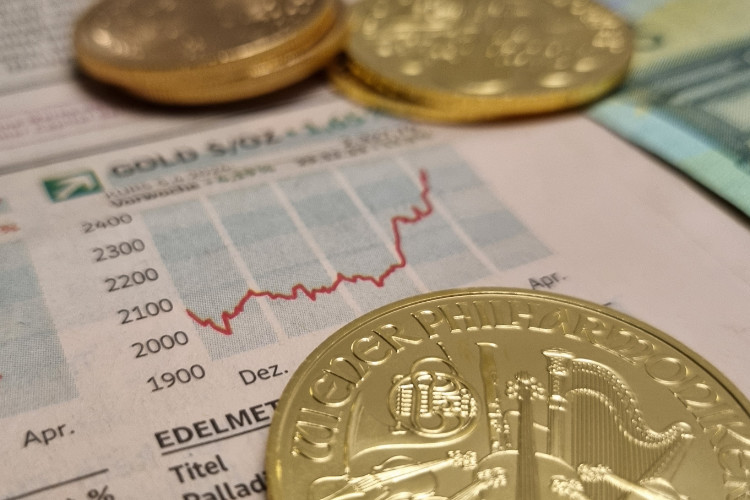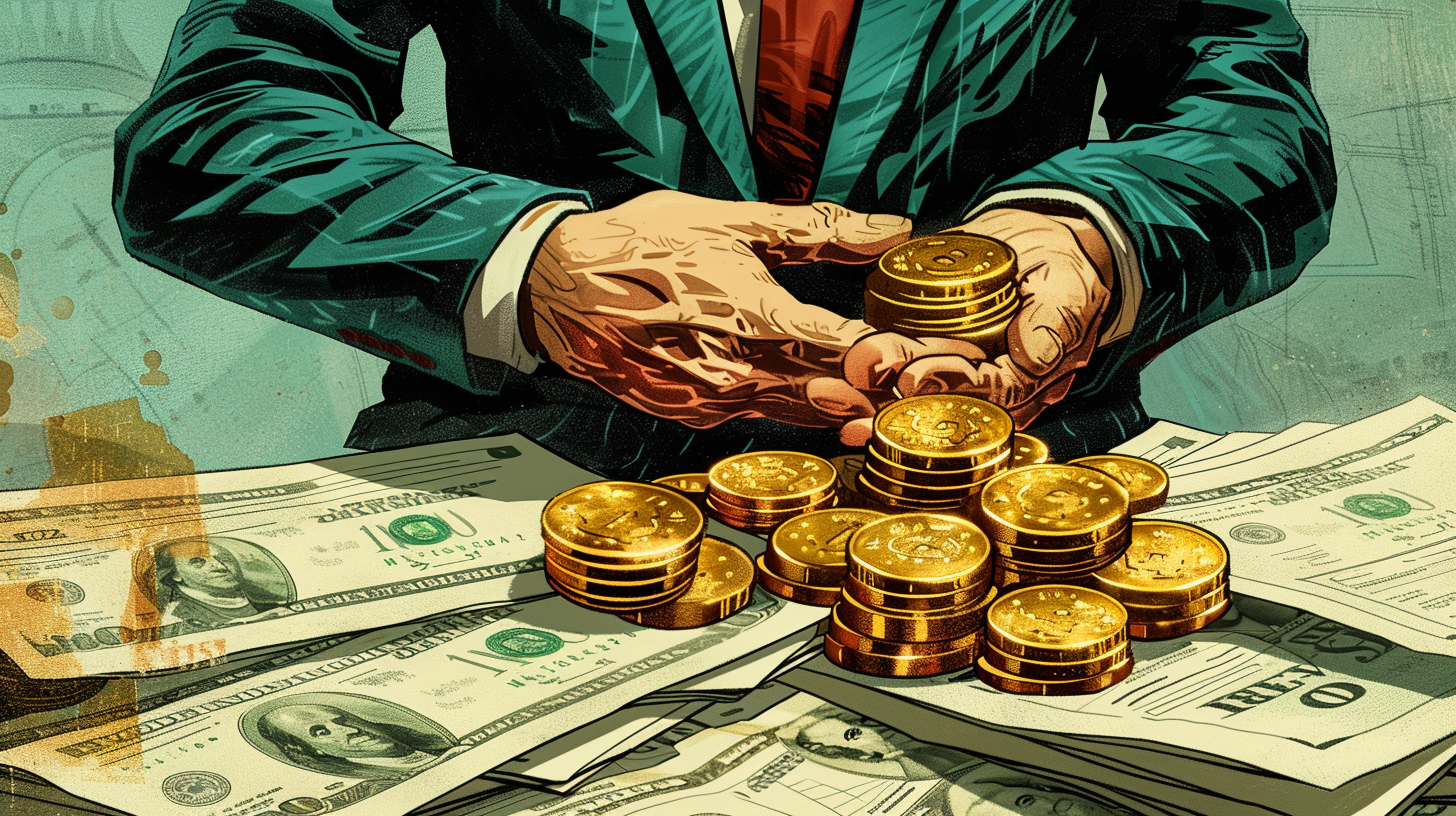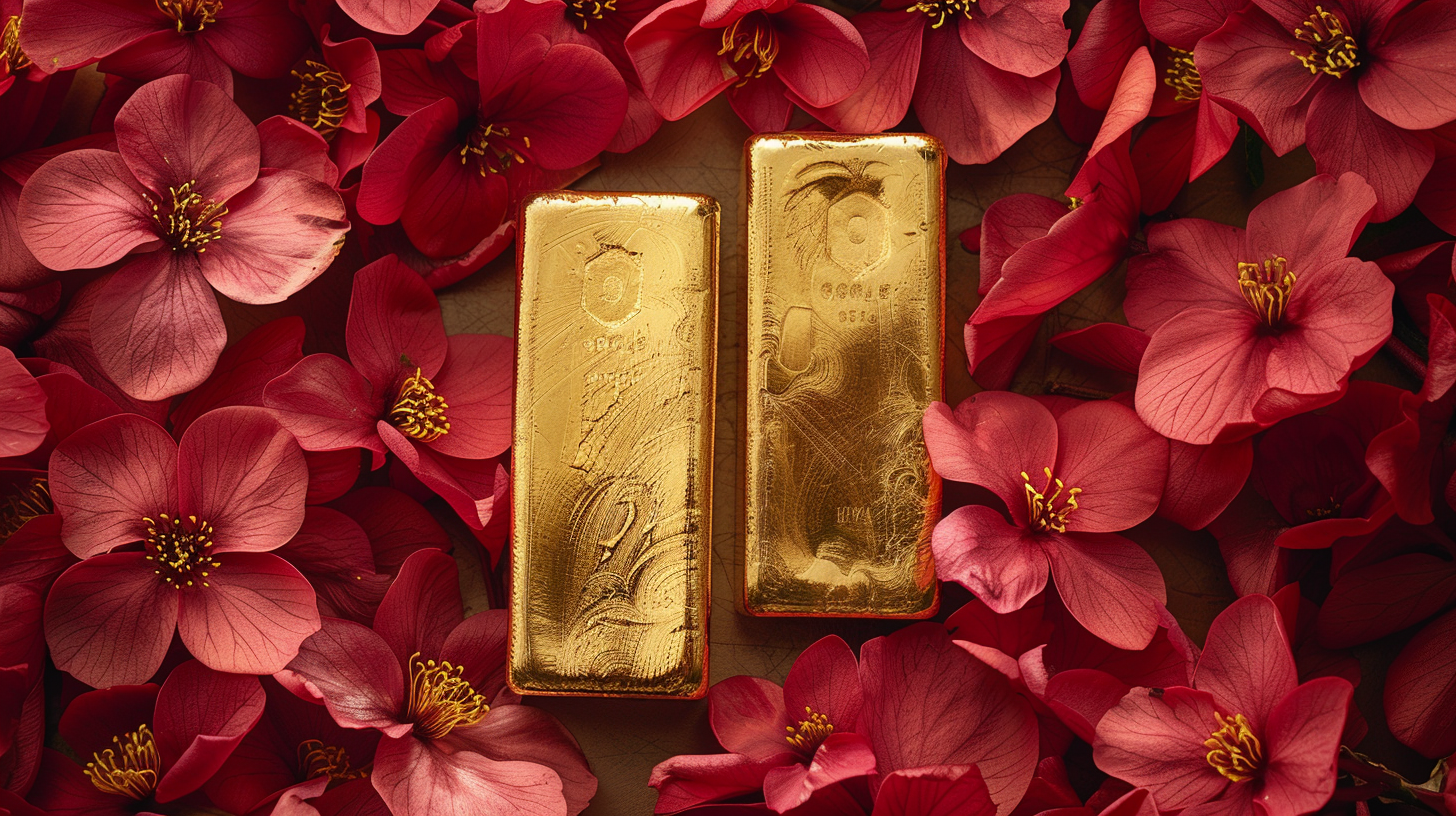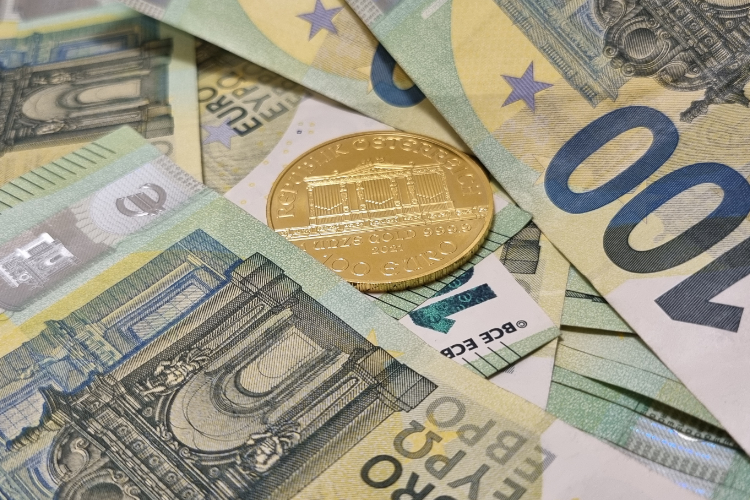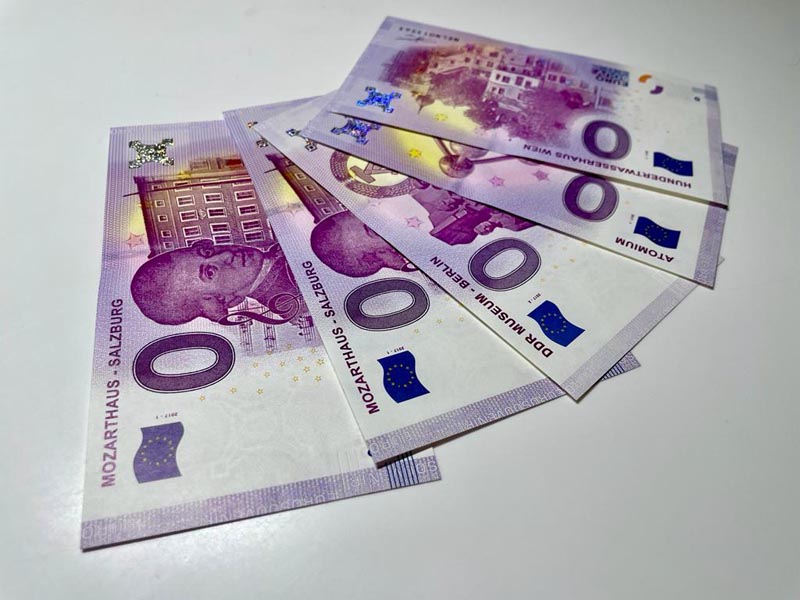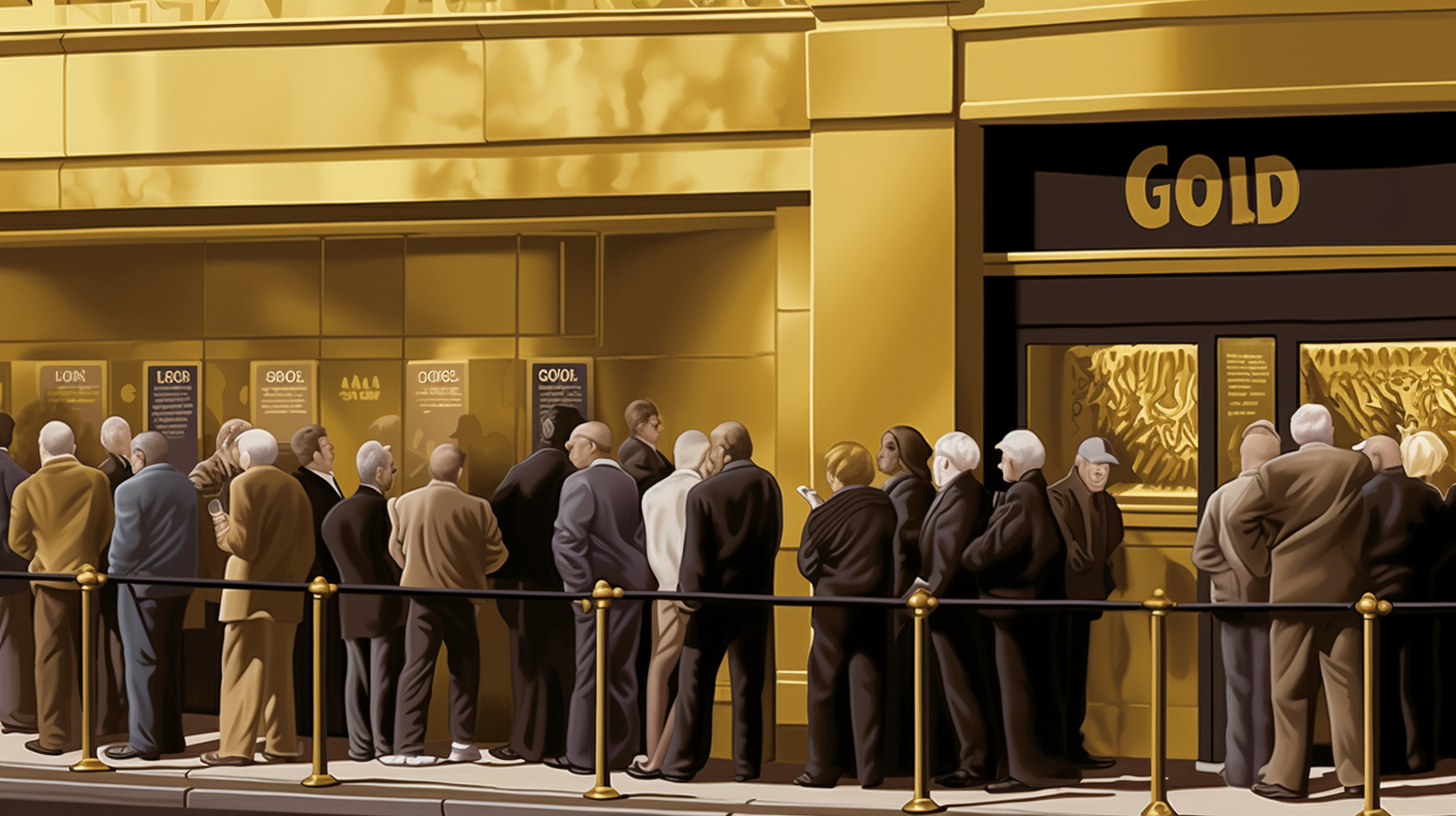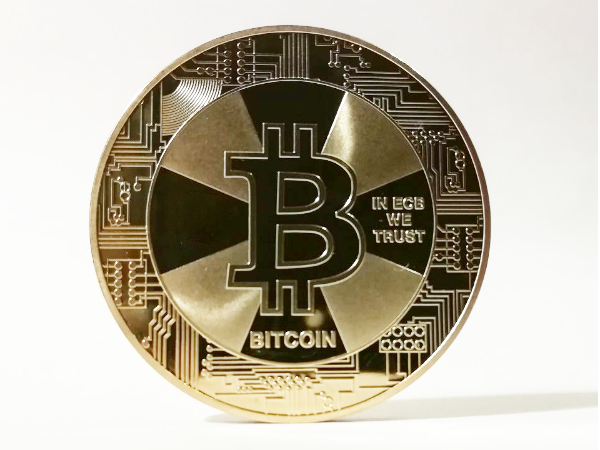
In June 2017, the digital currency Bitcoin first made global headlines after the price for 1 Bitcoin surpassed the dollar value of an ounce of fine gold. An extraordinary rally began with highs of more than 16,000 euros per unit before the price for Bitcoin plummeted massively in 2018 and only recovered in 2019. Now in the winter of 2020, Bitcoin is back on everyone's lips after the cryptocurrency broke new records. But is Bitcoin really the new gold?
What is Bitcoin anyway?
Bitcoin is a digital monetary unit. Like any other currency, this monetary unit can be traded at a certain rate via certain exchanges. Currently (December 2020), you have to pay almost €19,000 for 1 Bitcoin.
The success of this digital currency is mainly based on the payment system behind it. The design and structure of this network provide the necessary security for transactions and thus confidence in the currency. With special software, Bitcoin amounts can be transferred directly from one computer to the next without a "middleman" standing in between. Each of these transactions is stored in a decentralized and publicly viewable database, the blockchain.
This blockchain and strong encryption techniques ensure that bitcoin transactions can actually only be made by the respective owner and that the monetary units cannot be spent more than once.
In a Bitcoin wallet, a digital wallet, one's Bitcoins, or rather the private cryptographic keys to one's Bitcoins, are stored and can be sent at any time via the Bitcoin network to another address, another wallet.
Bitcoin boom
While cryptocurrency was initially still a "toy" of a few nerds and later the preferred anonymous currency of the dark net, the acceptance of Bitcoins has increased mainly due to the fact that larger online portals accepted Bitcoins as a means of payment. While Japan has announced Bitcoin as an official means of payment, the first Bitcoin fund is struggling to get listed on the American stock exchange. The higher demand this generated caused the price to rise rapidly. In the first payment settled in Bitcoins, two pizzas changed hands for 10,000 Bitcoins in 2010. Today, this sum of Bitcoins would be worth several million euros.
Gold mining & bitcoin mining: Similarities
As different as gold & bitcoins may seem, there are some similarities. Both are, at least in themselves, not official means of payment. The price is therefore determined by supply and demand and not controlled by a central bank. As with gold, the "supply" of Bitcoins is also limited. At the core of the protocol, it is unalterably stipulated that the maximum amount of money is limited to 21 million Bitcoins.
Just as more and more elaborate methods are needed to get at the gold still hidden in the earth, more and more computing power must be used to calculate new Bitcoin units - so-called mining. These computers are called "miners" and are small computers with high computing power. Anyone can buy and operate these computers and thus contribute to Bitcoin. The reward for buying and operating such a computer is that it continuously "generates" Bitcoins for its owner. The problem with this, however, is that the more Bitcoins there are, the more computing power is required to create new Bitcoins. Thus, more and more computers have to be purchased for the same Bitcoin production.
Is Bitcoin anonymous - Bitcoin is pseudonymous and 100% traceable with the key
Another similarity between bitcoins and gold is anonymity. Gold can be purchased anonymously up to an anonymity limit (currently 10,000 euros). Even though Bitcoin transactions are stored publicly in the blockchain, only pseudonymous addresses are stored there. Every user can generate a new address for every transaction, which makes it very difficult to identify individual persons. However, if this address is known, the Bitcoin flows can be clearly traced.
Thousands of years old investment vs. virtual speculation object
Even though cryptocurrencies, above all Bitcoin, are currently being heavily hyped, they have not yet finally established themselves and are still highly speculative. Bitcoin is a purely virtual currency that has no real value basis. The price is very susceptible to fluctuations and reacts extremely sensitively to the smallest developments. Technological stumbling blocks and government intervention could also cause the still young currency to run out of steam at any time. However, the younger cryptocurrencies that do not yet have a large market capitalization are more at risk of failure; Bitcoin itself is already "too big to fail" in the opinion of some experts.
Gold, on the other hand, has been a safe investment for thousands of years, is independent of modern technologies and, in addition to its investment and exchange value as a chemical element, also has an actual utility value. Gold coins buried in Rome 2000 years ago still have considerable value today.
National banks, politics and cryptocurrencies and risks
Bitcoins are a relatively new alternative to the currencies of the national banks and are therefore in some competition with them. The question now is how national banks and politicians will let digital currencies take their most important tool for influencing the economy, inflation, out of their hands. After all, by investing in Bitcoin (or even gold), a saver can of course escape the government "imposed" devaluation of purchasing power on savings. The possible measures range from prohibition, to manipulation via derivatives, to establishing their own cryptocurrencies, which then displace the "wild growth". Banks, such as SANTANDER Bank, already use a cryptocurrency for internal bank transfers, precisely because it is fast and free. And let's face it - isn't it convenient to transfer a value to someone in a matter of seconds? However, everyone who owns Bitcoins must be aware that Bitcoins are only as secure as the way they are handled and the secret key.
- If you pass this key on, or forget the recovery password chain, your Bitcoins will be irretrievably lost forever.
- A transfer to a somewhat wrong address cannot be reversed - again, the Bitcoins are gone.
- Receipt of bitcoins should be confirmed by at least 5 places on the blockchain.
- Bitcoins - stored online - could fall victim to hackers. It is best to use a so-called "hard storage", a kind of secured USB stick.
- Under no circumstances should you "store" all your Bitcoins on your cell phone. This means that if someone were to get hold of the cell phone, it would no longer be anonymous.
Conclusion
We do not fundamentally advise against Bitcoins. Digital currencies are now in the age of the "Wild West". There are hundreds of them, some will survive, others will not. However, the tendency is to assume that if there are no bans on Bitcoin, Dash, Litecoin or Ethereum, they will survive. However, the final value, which is made up of supply and demand, is far from settled and the volatility is very high, which can be quite annoying. Who wants to have it a little safer and calmer, should better stay with gold 1.0.
Those who don't throw away their nerves quickly can see Bitcoins as a - possibly very lucrative - speculation opportunity, but also - if it is held for years - as a long-term investment with not inconsiderable risk but also high opportunities.
However, we advise, as with the investment in precious metals, to always INVEST ONLY MONEY WHOSE TOTAL LOSS DOES NOT MEAN AN EXISTENTIAL RISK FOR YOU!

